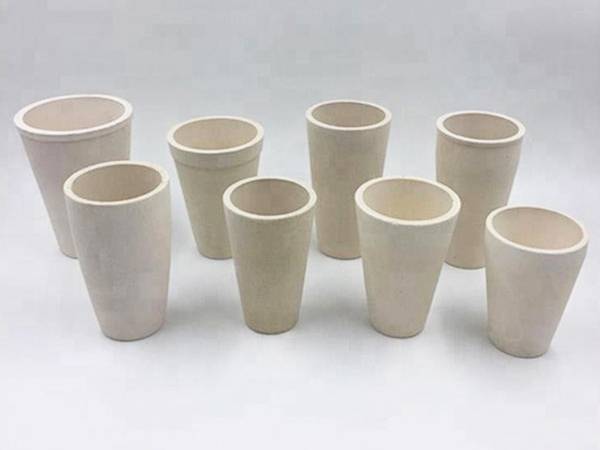



anionic pam
Understanding Anionic Polyacrylamide (PAM) Applications and Benefits
Anionic polyacrylamide (PAM) is a synthetic polymer widely utilized in various industries due to its versatile properties and effectiveness in water treatment, soil stabilization, and oil extraction. This water-soluble compound is an ionic polymer, meaning it carries a negative charge, which distinguishes it from its cationic counterparts. The anionic form of PAM is particularly valued for its ability to enhance the performance of diverse processes.
Understanding Anionic Polyacrylamide (PAM) Applications and Benefits
Moreover, anionic PAM plays a crucial role in agriculture, particularly in soil management practices. The polymer can absorb water and swell, improving soil structure and moisture retention. This is especially advantageous in arid regions where water scarcity is a significant concern. By incorporating anionic PAM into soil, farmers can enhance water infiltration and reduce erosion, leading to improved crop yields. Additionally, its ability to form a soil crust helps mitigate surface runoff, further conserving precious water resources.
anionic pam

In the oil and gas industry, anionic PAM is employed in enhanced oil recovery (EOR) processes. When injected into oil reservoirs, it increases the viscosity of the water used in extraction, allowing for more efficient displacement of oil. This leads to higher recovery rates and economically viable production, making it a vital component in modern petroleum engineering. The compatibility of anionic PAM with various chemicals used in EOR enhances its appeal, as it can be easily integrated into existing extraction protocols.
Despite its numerous advantages, the use of anionic PAM must be managed responsibly. Concerns regarding its environmental impact have led to increased scrutiny and research on safe disposal methods. While PAM itself is not toxic, it can break down into acrylamide, a compound that has raised health concerns. Therefore, manufacturers and users must adhere to regulatory guidelines and best practices to minimize any potential risks associated with PAM usage.
In conclusion, anionic polyacrylamide is a valuable tool across various sectors, particularly in water treatment, agriculture, and oil recovery. Its ability to improve efficiency and sustainability in these industries cannot be overstated. As research advances and new applications are explored, the role of anionic PAM is likely to grow, highlighting the importance of responsible usage and continuous innovation. By leveraging its benefits while being mindful of environmental impacts, industries can contribute to more sustainable practices that align with global goals for environmental conservation and resource management.
-
Why Sodium Persulfate Is Everywhere NowNewsJul.07,2025
-
Why Polyacrylamide Is in High DemandNewsJul.07,2025
-
Understanding Paint Chemicals and Their ApplicationsNewsJul.07,2025
-
Smart Use Of Mining ChemicalsNewsJul.07,2025
-
Practical Uses of Potassium MonopersulfateNewsJul.07,2025
-
Agrochemicals In Real FarmingNewsJul.07,2025
-
Sodium Chlorite Hot UsesNewsJul.01,2025










